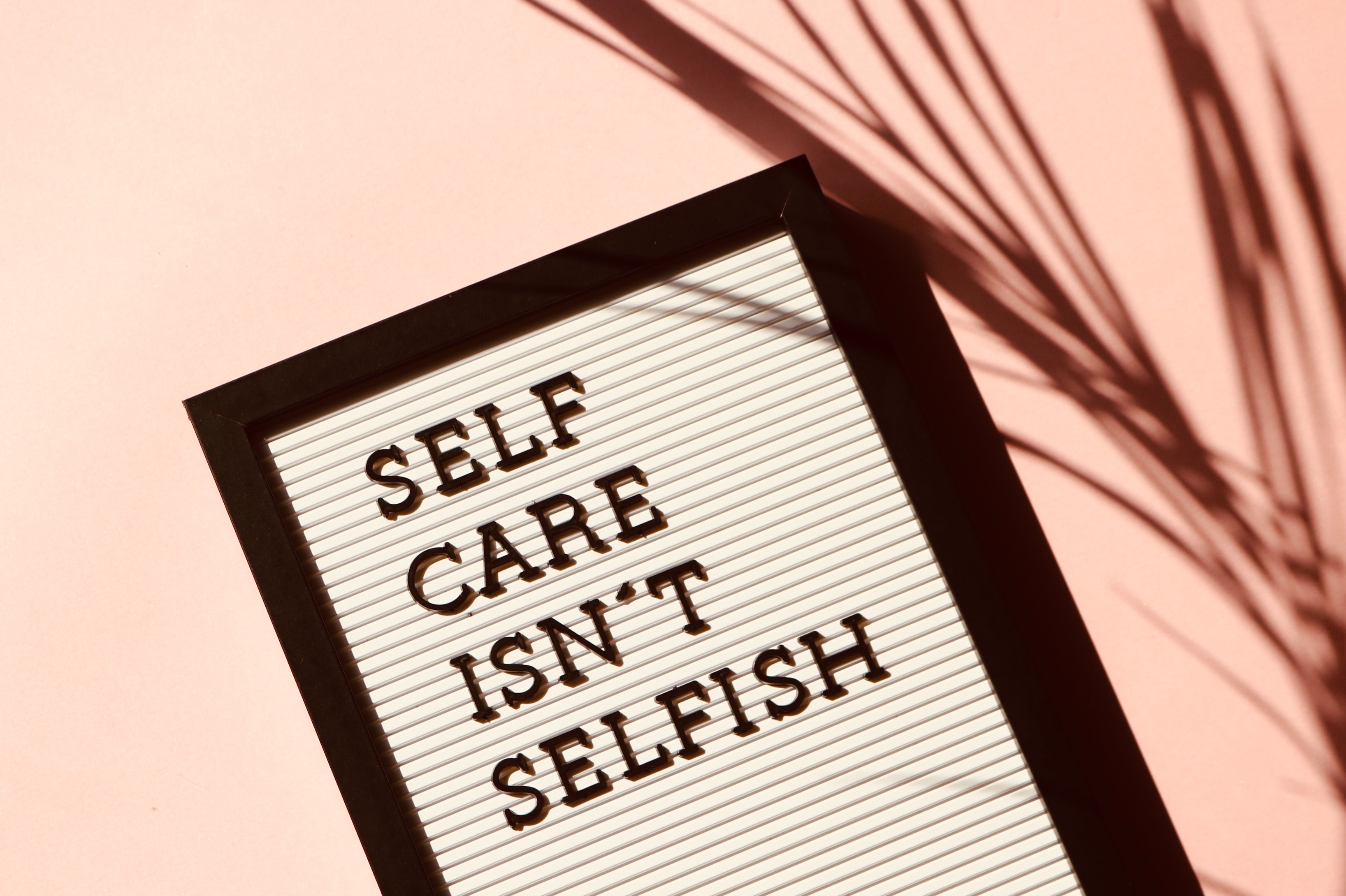The covid-19 pandemic has taken a heavy toll on employees: at least one in six people suffer from problems with their mental health in a given week, according to a UK government study of adults in England.
In fact, our own research, conducted together with Solent Mind via a YouGov survey, showed that 36.7% of people are suffering from worse mental health than pre-pandemic and 72.6% said work was at least partly responsible.
What’s more, less than 10% of employees feel comfortable talking about mental health at work. But there is strong evidence that workplaces with high levels of mental wellbeing are both more productive are more profitable.
For companies, addressing wellbeing at work is key, and one of the best places to start is by reducing the stigma surrounding people with mental health issues.
What is a mental health stigma?
Mental health stigma refers to societal disapproval of people suffering from a mental illness.
Mentalhealth.org.uk defines it as a negative attitude towards mental health that can include discrimination towards people with mental health conditions. This stigma can come from society, employers, the media and even our own friends and family and make people’s problems worse than they already are.
So what can companies do to reduce the stigma and ensure employees feel safe at their place of work?
How to reduce mental health stigma in the workplace
1. Train management
First things first: employees may join companies, but they leave managers. People are often promoted into management positions based on their ability to do their jobs well and not necessarily on their management ability.
According to recent research, 82% of employees would consider quitting their jobs because of a bad manager. On the other hand, creating psychologically safe spaces plays a big part in reducing employee turnover. Given the current war on talent, it should come as a no brainer that training senior management should be at the top of your priority list.
After all, employees tend to look to management for behaviour cues, and modelling positive behaviours surrounding mental health problems will automatically help reduce any stigma around it.
At PUSH, we offer a 60-minute ‘Essential mental health guide for managers’ workshop. In this session, our certified mental health coach will help managers understand their role in supporting their team’s mental health and wellbeing, provide them with tools to spot the signs and explain how to support them to get the most effective help.
2. Commit to a company-wide policy
But training managers is just the start. If you’re serious about reducing the stigma around mental health in the workplace, turning it into a company-wide movement is key.
This includes declaring to your workforce that mental health at work is a priority and that you’re putting systems and processes in place to ensure improved mental and physical health.
From proactively promoting an open culture to increasing organisational confidence, providing access to mental health support and improving transparancy and accountability, a company-wide policy ensures all employees are getting involved in one way or another. And when it becomes something all employees do together, the stigma around it is automatically reduced.
If you’re ready to build a company-wide policy, we offer an audit to assess your company’s current corporate wellness, mental health, organisational culture and change, performance and leadership. Based on a combination of both quantitive and qualitative research methods, we analyse the data we collect and provide a full report with recommended next steps. Find out more about the PUSH audit.
3. Create a safe space
Studies show that psychological safety is a crucial factor in a successful workplace. It allows employees to feel comfortable sharing how they feel, which in turn helps them grow and thrive as individuals.
As part of World Mental Health Day 2022, we are focusing on teaching companies how to foster positive mental health and wellbeing through safe spaces. Our session ‘Creating psychological safety in the workplace’, led by a trained clinical psychologist, explains the factors that foster psychological safety and undermine it, and shares evidence-based approaches to create a culture of psychological safety. Find out more about our Safe Space sessions.
4. Keep the conversation going
Stigma is best reduced when the conversation around mental health doesn’t stop. But it can’t just be a top down approach – it’s important that all employees learn, develop and upskill in this area to positively impact how team members collectively approach mental health in the workplace.
Encouraging open discussions and putting a buddy-system in place so employees have someone they can trust are important to ensure the conversation doesn’t fizzle out.
Because we know it’s not an easy conversation to start, we offer a ‘Making workplaces safer to talk about mental health’ session. It explores how to move past the “how are you” and “yes, fine, thank you” responses and towards how to have more genuine conversation with managers and colleagues. You can find out more about our safe space sessions here.
5. Show your support
As a company, there is no better way to reduce the stigma than by offering tools and systems that allow your employees to work on their health outside of work. As mental and physical health are closely aligned, this can be in the form of discounted gym memberships, subsidies on healthy food and access to mental health support programs.
At PUSH we offer employees access to our PUSH in Your Pocket app as part of our sessions. From e-learning packages to PUSH exclusive content, our digital content supports and expands on the live workshops, coaching sessions and webinars and ensures your employees are able to work on their mental health on the go. Find out more about our corporate support program.
Introducing our Safe Space Sessions to reduce the mental health stigma
Reducing the stigma around mental health requires a behaviour change for both managers and employees.
At PUSH, we know a thing or two about fostering a better working environment so for this year’s World Mental Health Day, we’ve created six sessions for both people managers and employees that will support you in encouraging a safe and supportive company environment.
Led by trained coaches and psychologists, our sessions are designed to help make your company a ‘Safe Space’, where your team can show up authentically and speak up in psychologically safe environments – promoting positive mental health for all.

more articles by Cate Murden

